Can eating bone broth help your skin look younger? Can a scoop of collagen powder in your drink? Can eating broccoli? And why does collagen matter anyway?
Contents
What Is Collagen?
It is the most abundant protein in the human body, accounting for about 30 % of our body’s proteins. Its fiber-like structure helps build connective tissue and is a major component of skin, bones, muscles, cartilage, and tendons. It helps make our tissues stronger, gives our skin strength and elasticity, plays a role in replacing dead skin cells, helps the new cells grow, contributes to joint health, and builds a protective layer for our organs.
There are 28 types of collagen in the human body, and over 90% of it is type I collagen. It is present in scar tissue, tendons, ligaments, bones, the dermis, the dentin, and organ capsules. Type II collagen is found in elastic cartilage, providing joint support. Type III collagen is a major structural component in large blood vessels, the uterus, and the bowel.
What Causes Collagen Loss?
As we age, our bodies gradually produce less collagen, but external factors such as excess sun exposure, smoking and alcohol, lack of sleep and exercise, and eating too much sugar and refined carbohydrates make its levels drop more quickly.
Prolonged exposure to sunlight causes collagen to break down rapidly and reduces its production – a study that measured its content and distribution in sun-damaged skin found that total content was 20% less in sun-damaged skin compared to non-solar-exposed skin.
Smoking generates free radicals that damage repair mechanisms and reduce collagen and elastin synthesis, leading to premature skin aging.
Regular alcohol intake reduces the skin’s antioxidant defense system, dehydrates the skin (which causes the forming of wrinkles), and causes dilation of facial capillaries, which results in redness of the skin.
Sleep plays a vital role in restoring the immune system, and changes in immune response may affect collagen production – in fact, prolonged sleep deprivation breaks the skin barrier’s function.
Sugar causes skin aging by covalently cross-linking two collagen fibers, which renders both incapable of easy repair. Glycation is the adduction of a carbohydrate to another biomolecule, such as a protein, lipid, or DNA. Glycation and advanced glycation end products (AGEs) were first described in the context of diabetes. However, studies suggest that the accumulation of AGEs in human tissue is also connected with skin aging, such as decreased resistance to mechanical stress, slower wound healing, and distorted dermal vasculature.

Can You Increase Its Levels with Food?
Due to the lack of scientific research that eating collagen-rich foods can directly benefit skin or joint health, there is no evidence that could back up this theory. During digestion, collagen breaks down into amino acids, which get distributed to the body parts that most need protein. So, eating those foods won’t directly result in higher concentrations in your body. However, many foods that support its production should be incorporated into your diet as a part of a healthy eating plan.
List of Food Rich in Collagen
- Meat full of connective tissue – such as tougher cuts from the front quarter of beef
- Bone broth – animal bones are simmered in water with a little bit of vinegar (to help release protein and minerals) for a couple of hours. Bones release amino acids such as arginine, proline, hydroxyproline, glutamate, alanine, and glycine.
- Bones and skin of fresh and saltwater fish – marine collagen is concentrated in the bones, scales, and skin of the fish, so try choosing a fish you can eat whole, such as anchovies or sardines.

Foods That Could Boost Collagen Production
- High-protein food contains amino acids that make collagen (such as proline, glycine, and hydroxyproline), which is why they are believed to boost its production. Chicken, red meat, fish, eggs, and legumes are examples of such food.
- Vitamin C, zinc, and copper are needed for its production, and foods containing them are also generally recommended for a healthy and balanced diet. Vitamin C can be found in citruses, berries, kiwi, tomatoes, bell peppers, leafy greens, and broccoli. Zinc can be found in legumes, shellfish, meat, nuts, leafy green vegetables, chickpeas, and whole grains. Copper is found in oysters and other shellfish, kidneys and liver, dark leafy greens, shiitake mushrooms, and dark chocolate.
Do Collagen Supplements Work?
The last few years have seen a skyrocketing demand for supplements, such as collagen powder and collagen pills. They are sold as collagen peptides. Those are shorter chains that are essentially small pieces of protein from animals – and thus more easily absorbed in the body. Since our bodies can’t absorb collagen in its whole form, it must be broken down into peptides to enter the bloodstream through the gut.
When taken orally, they are thought to build up in the skin and cartilage and help to improve skin and joint conditions. Those supplements also contain amino acids and may contain additional nutrients necessary for maintaining healthy skin and hair, such as vitamin C, zinc, and biotin.

What Does Research on Supplements Say?
Most of the research about the effectiveness of those supplements is related to skin and joint health. A particular human study carried out on 69 women aged 35 to 55 years measured skin elasticity, skin moisture, transepidermal water loss, and skin roughness before the first oral intake and after eight weeks of regular intake. The study has shown that skin elasticity significantly improved.
However, human studies still need to be improved as large-scale trials that measure collagen supplements’ benefits are unavailable.
Healthy Lifestyle Habits Are the Way to Go
In the end, no amount of supplements or food can replace a healthy lifestyle. Here are some habits that could help with preventing collagen loss:
- Follow a well-balanced diet that includes protein-rich food and food that contains essential nutrients, such as fish, beef (in moderation), chicken, eggs, leafy greens, legumes, whole grains, citrus fruits, etc.
- Avoid smoking as it damages your skin and brings a whole chain of health problems.
- Avoid drinking alcohol in excession – its negative influence on health has been known and discussed for decades. But here is an article if you need more proof.
- Get enough sleep. A good measure for an average person is 7 to 9 hours of sleep per night.
- Wear sunscreen daily (even in winter) or limit the daily exposure to direct sunlight.
- Control your stress levels. Cortisol, the primary stress hormone, can decrease collagen production.
- Exercise. While exercise is connected with numerous health benefits, studies proving that it affects skin tissue are lacking. However, healthy skin mirrors a healthy body.


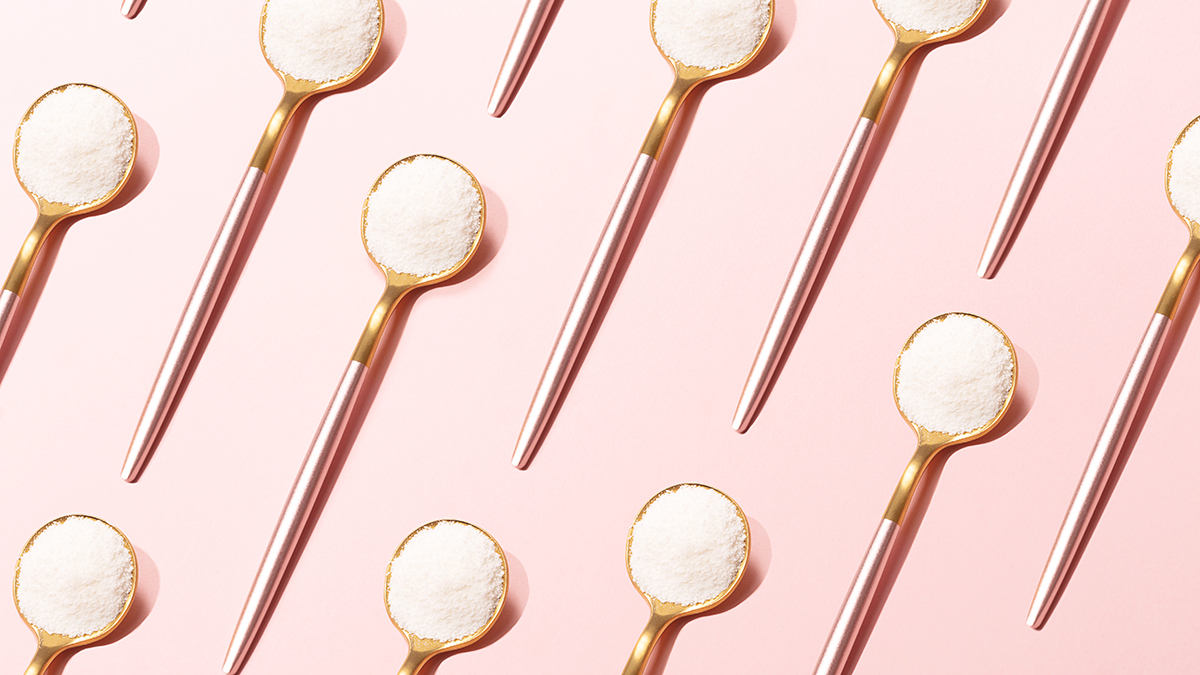


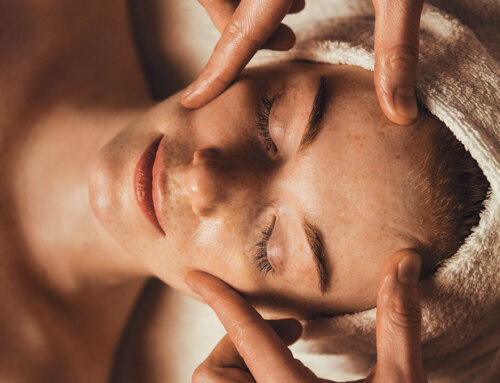




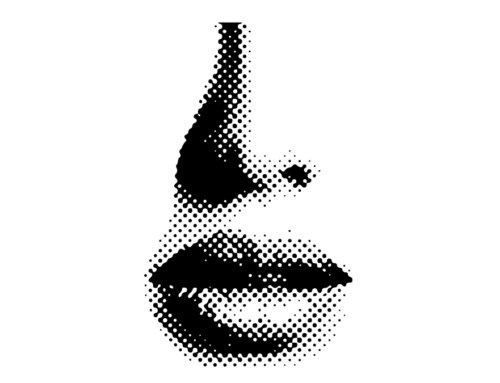



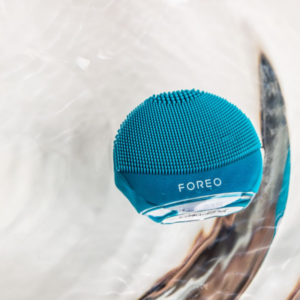

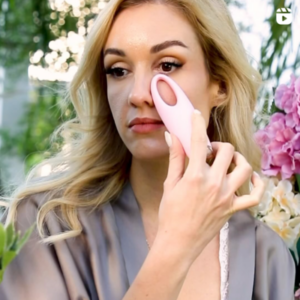




Wow, this was a very insightful article. It’s great to read up on this topic, because I know applying topical collagen won’t really do much, but I’ve been stumped on what to include in my diet for collagen intake apart from supplements. Is there such a thing as oversaturation of collagen? Could I accidentally overdo it and cause damage unintentionally?
I’m glad to hear that you found the article insightful!
When it comes to collagen intake, it’s important to understand that there isn’t a definitive recommended daily intake for collagen like there is for certain vitamins and minerals. Collagen is a protein found in our bodies and in various foods, and it plays a crucial role in maintaining the health of our skin, joints, and other connective tissues. :)